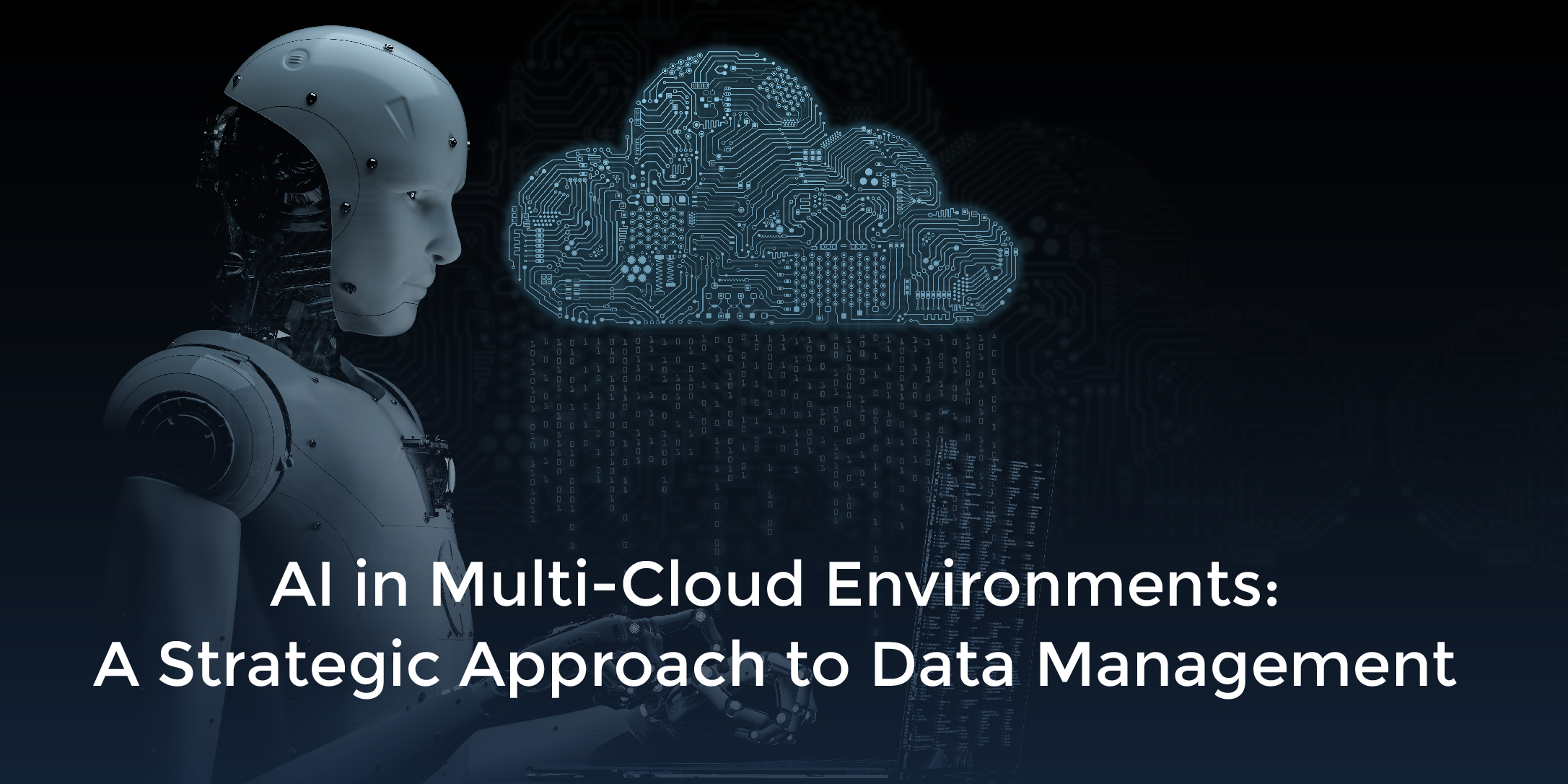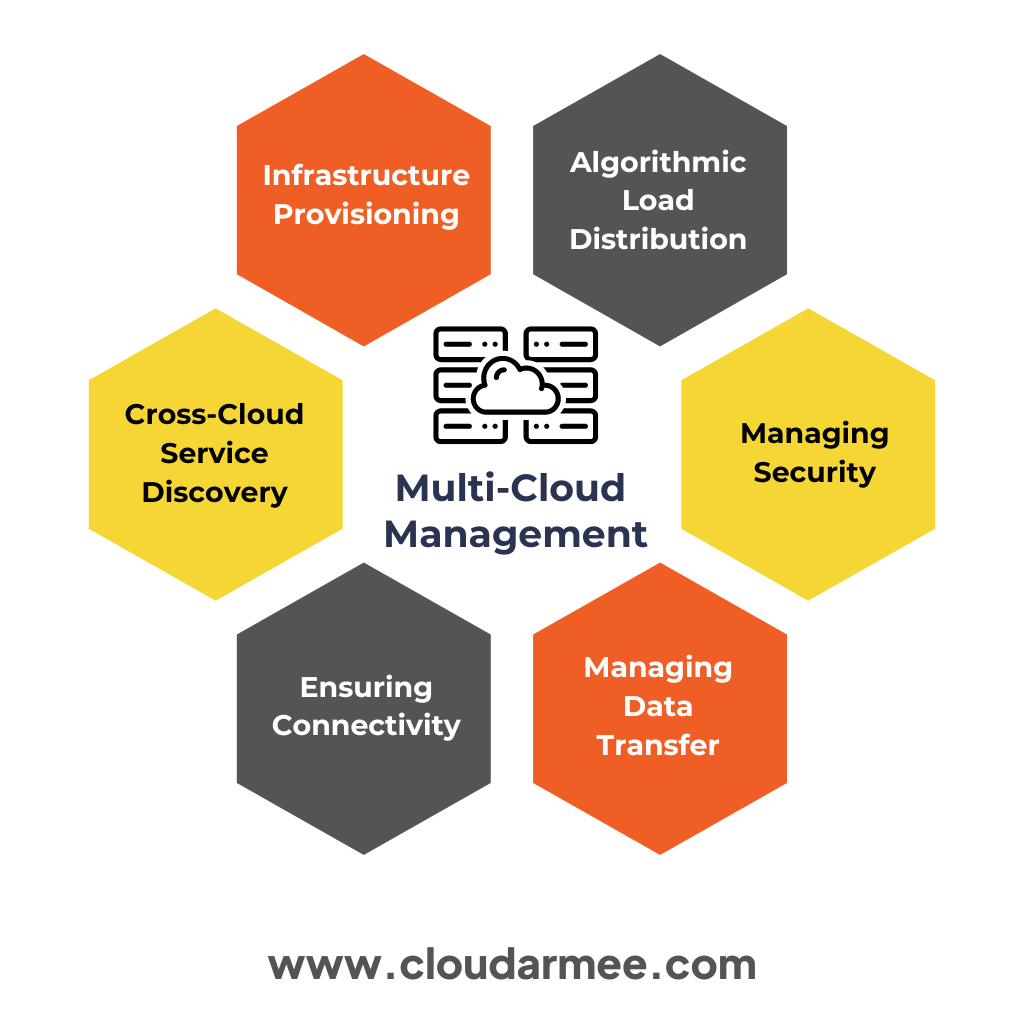
The cloud data management market has made significant strides towards adopting multi-cloud and Artificial Intelligence (AI) solutions. By the year 2025, expenditures on cloud computing within application software, infrastructure software, business process services, and system infrastructure technology segments are expected to exceed spending on conventional IT solutions in corresponding categories.
Enterprise cloud computing is fundamentally a straightforward idea: providing computing services, such as software-as-a-service (SaaS) for applications, platform-as-a-service (PaaS) for databases, and infrastructure-as-a-service (IaaS) for storage, via the internet rather than hosting them physically on-site or on local computers.
The advantages encompass flexibility, incorporating scalability and mobility; efficiency, encompassing accessibility and speed to market; and cost benefits, including pay-as-you-go models and the elimination of hardware expenses.
While the possibility of transitioning entirely to the cloud exists (particularly for small to medium-sized organizations), it is often impractical, especially for larger enterprises. This realization has given rise to the multi-cloud approach. This builds upon the hybrid-cloud model by introducing multiple public cloud service providers to address diverse needs. Google, AWS and Azure cloud services are the renowned names in the multi-cloud market.

1. Complexity: The misconception that moving to the cloud equates to purchasing a desired outcome rather than infrastructure is common. While the servers may not be owned, the responsibility for the data remains. Managing a single workload and its data in a cloud environment may be easy, but handling multiple workloads across various cloud environments with disparate management tools increases complexity. This complexity makes it challenging to ensure the implementation of proper data compliance and governance guardrails for each cloud environment.
2. Cost: Although potential cost savings are a key benefit of enterprise cloud computing, improper data management in multi-cloud environments can lead to escalating costs. Solutions for data backup, recovery, and archiving not designed for multi-cloud infrastructures contribute to this cost escalation.
3. Vulnerability: The growing complexity of the enterprise’s attack surface increases the number of potential vulnerabilities, raising the risk of data breaches, such as ransomware attacks. Additionally, recovering from an attack becomes more challenging.
To address these challenges, Artificial Intelligence (AI), facilitated through machine learning and deep learning, offers organizations the ability to automatically harness vast amounts of data generated by technology systems. AI can identify, analyze, and act on insights that indicate potential issues. For example, AI-powered systems can instinctively detect an outage and seamlessly shift operations to an alternative provider’s environment.
Moreover, an AI platform possesses the capability to recognize and contextualize patterns from a diverse array of data sources, bringing to light recurring issues and repetitive tasks that are well-suited for automation. A properly designed AI system can dynamically grasp the behavior of infrastructure, effectively managing capacity, and handling multi-cloud data management within the framework of applications and services. These predictive capabilities empower IT teams to reduce the mean time to resolution, discern false alarms, and align cloud expenditures with budgetary targets. Arguably, the most enticing advantage of incorporating AI into a comprehensive multi-cloud management strategy is its capacity to enhance agility.
It is an understatement to say that multi-cloud is the present and future of enterprise cloud computing implementation. AI offers IT leaders a compelling tool to streamline the strategic management of progressively intricate multi-cloud environments, enabling automation and laying the groundwork for enhanced agility. CloudArmee, a cloud agnostic services provider with AWS competency simplifies multi-cloud data management in USA and other regions across the globe. As cloud consultants, we offer seamless integration, and tailored solutions to optimize performance and enhance overall efficiency of your cloud environment.